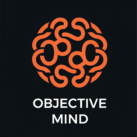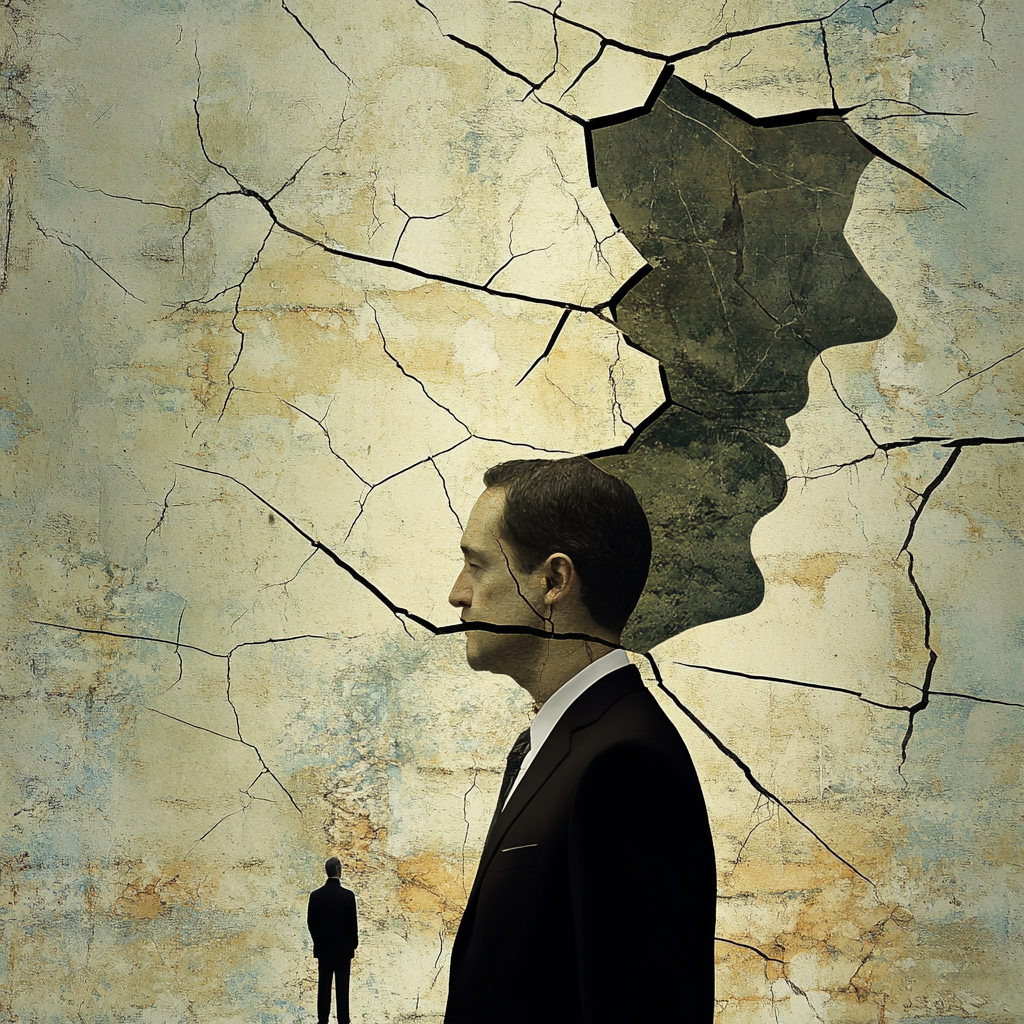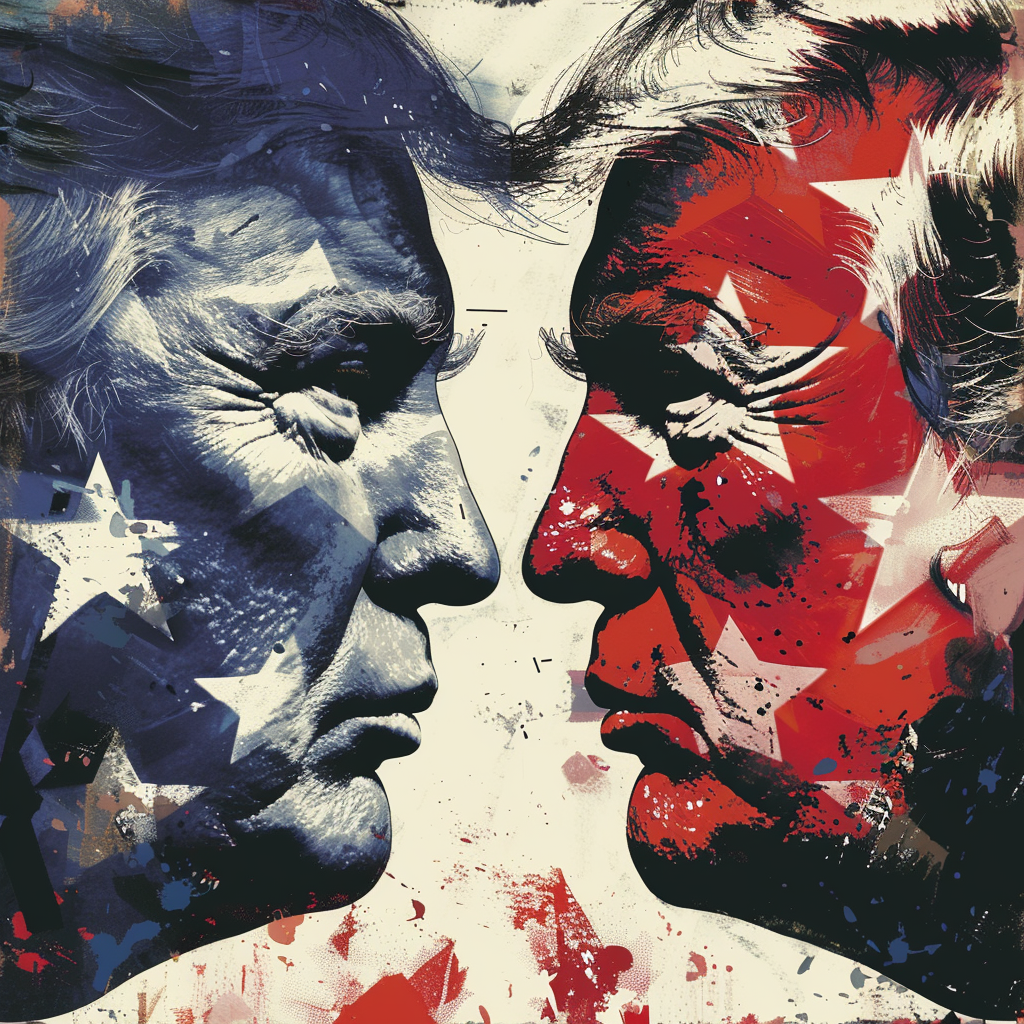In recent years, we’ve witnessed a troubling trend: a growing distrust of established knowledge, institutions, and authority figures. This skepticism, while healthy in moderation, has tipped into outright rejection of expertise in favor of unsubstantiated opinions and conspiracy theories.
Social media platforms and certain news outlets have become breeding grounds for misinformation, where anyone can present themselves as an expert. The ease of spreading false information, combined with algorithms that prioritize engagement over accuracy, has created an environment where facts and fiction blur.
This disregard for expertise has real-world consequences. We’ve seen it in the resistance to life-saving vaccines, the denial of climate change, and the spread of harmful pseudo-scientific health advice. When we dismiss the knowledge accumulated through years of rigorous study and experience, we risk making decisions based on flawed or incomplete information.
Yet, the solution isn’t blind trust in authority. Instead, we need to cultivate critical thinking skills and media literacy. We should seek out diverse, credible sources of information and learn to distinguish between genuine expertise and mere opinion. It’s crucial to understand that disagreement among experts is a normal part of the scientific process, not a sign that expertise itself is unreliable.
By valuing both expertise and healthy skepticism, we can navigate our complex world more effectively, making informed decisions that benefit both ourselves and society as a whole.



